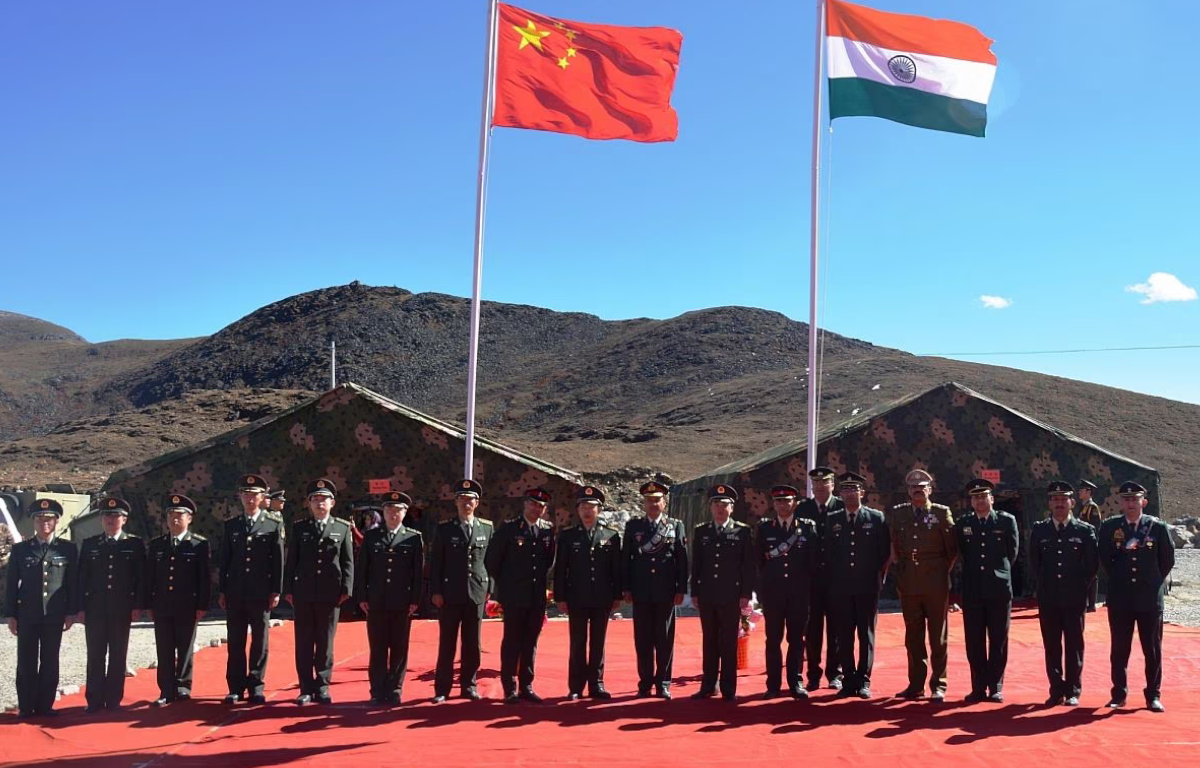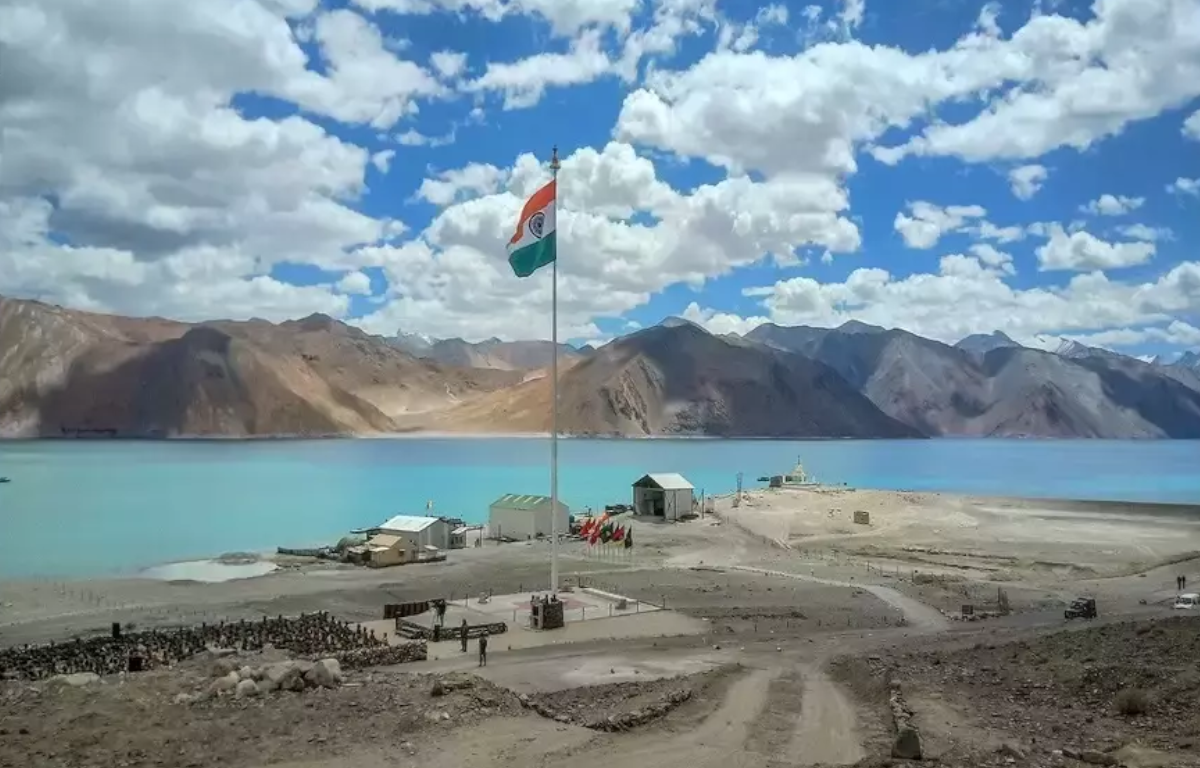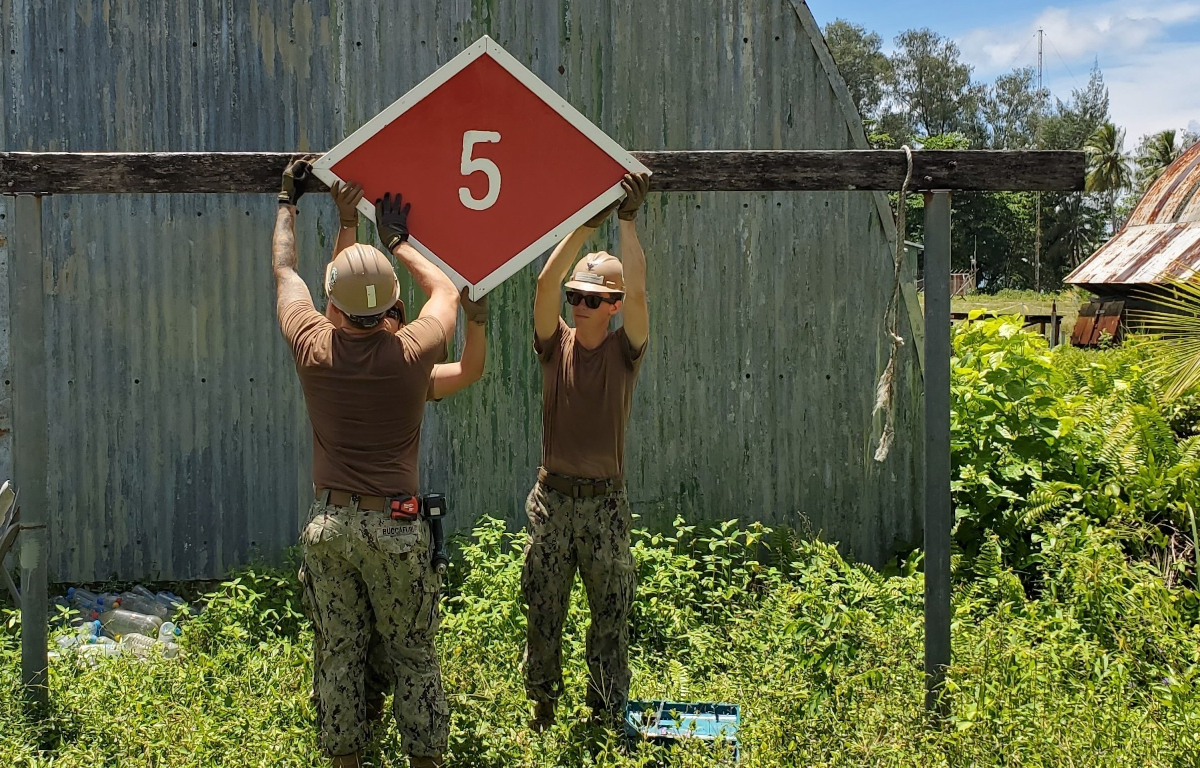
The Camp David Summit, held against the picturesque backdrop of the presidential retreat in Maryland, brought together leaders from key Asian nations and the United States. The summit aimed to bolster diplomatic ties, discuss regional security concerns, economic cooperation, and the strengthening of shared democratic values.
At the heart of the summit was the reaffirmation of existing alliances. Traditional US allies in Asia, including Japan and South Korea, participated in the summit, underscoring the enduring bonds that have served as cornerstones of regional stability. The leaders’ discussions centered around mutual defense commitments, intelligence-sharing, and joint military exercises, sending a strong message about the unwavering nature of these partnerships.
However, what truly set this summit apart was the emphasis on forging new collaborative paths. A notable participant was India, a rising power in Asia, which brought to the table its economic prowess and strategic influence. The inclusion of India marked a strategic shift, reflecting the recognition of India’s role as a stabilizing force in the region and an essential partner in countering shared challenges, such as maritime security and the rise of non-state actors.
The summit addressed pressing security concerns that have been brewing in the region. The participants engaged in candid conversations about the growing assertiveness of certain nations, territorial disputes, and the need for a rules-based international order. These discussions laid the groundwork for collective strategies to maintain peace and stability, as well as to prevent conflicts that could have far-reaching global implications.
Economic cooperation emerged as another focal point of the summit. The Asian region is home to some of the world’s fastest-growing economies, and the leaders recognized the potential for increased trade, investment, and technological collaboration. Talks about reducing trade barriers, promoting sustainable development, and harnessing innovation demonstrated a commitment to fostering prosperity that goes beyond traditional security concerns.
A key underlying theme of the Camp David Summit was the advancement of democratic values. The leaders championed the importance of democratic governance, human rights, and the rule of law in ensuring stability and progress. This collective stance sent a strong message to the world about the significance of upholding these principles in the face of authoritarian challenges.
The Camp David Summit stands as a watershed moment in the trajectory of US alliances in Asia. It rekindles old friendships while acknowledging the evolving dynamics of the region through the inclusion of emerging powers. By addressing security concerns, promoting economic cooperation, and upholding democratic values, the summit has paved the way for a new chapter characterized by cooperation, shared vision, and collective action. As the participants return to their respective nations, they carry with them the momentum generated at Camp David, with the hope of shaping a more stable, prosperous, and secure future for the entire Asian continent.










Share this: